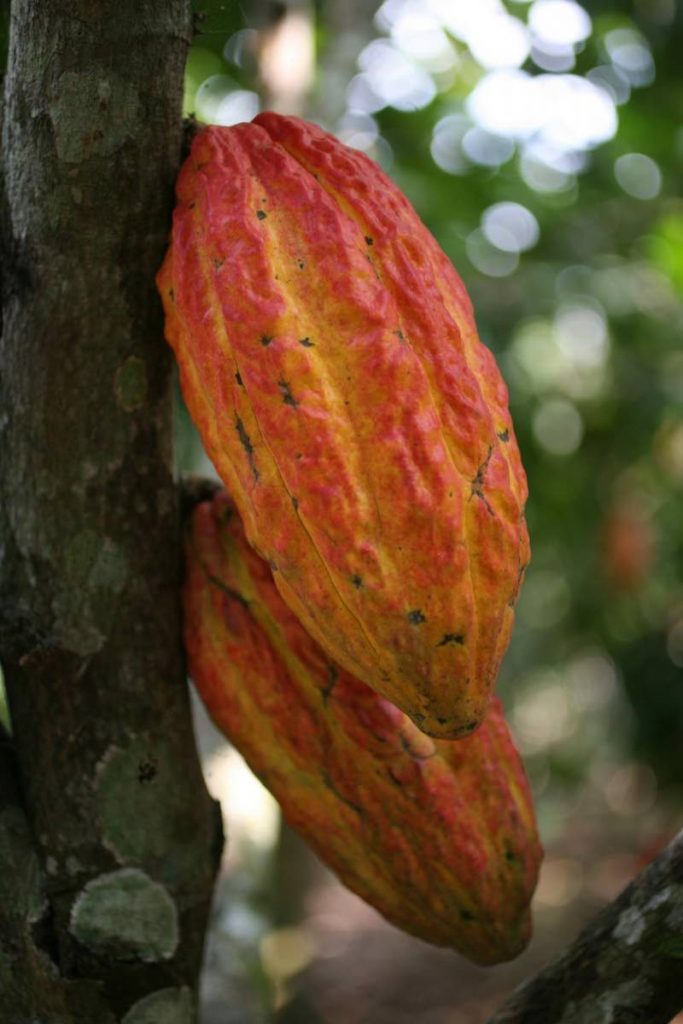Business Day Editorial: Cocoa, successor to oil and gas

This country has been blessed with unique resources but none more so than Trinitario cocoa – created from a fluke of nature.
Some of the most fine-flavoured chocolates in the world are made using cocoa beans that originated in TT. By virtue of just being grown here, local cocoa fetches prices on the international commodities market more than twice the going rate. Yet, like most things not related to hydrocarbons, cocoa and its development as a viable export commodity has taken a back seat in the process of diversification.
There was no reason that the cocoa industry, a highly specialised product with a gourmet niche market, could not have developed concurrently with the energy sector — a buffer to the vicissitudes of energy boom/bust cycles on which we base our economic growth. Instead, as the energy sector gained prominence, the cocoa industry, along with most of the agricultural sector, took a back seat to easy oil and gas money.
Now, as we start to come to terms with the reality of diminishing reserves of hydrocarbons and gas curtailments in the downstream sector, the country is re-examining its options and cocoa frequently appears as a potential successor. Frankly, though, talk of diversification is old. What we need is definitive action. The Prime Minister frequently steps up to the plate to sell the country as an investment destination for energy companies but other industries don’t get the same vigour. The specialty state agency created to oversee the industry, the Cocoa Development Company, is critically underfunded and unable to hire the necessary staff to carry out its mandate. It is also completely dependent on a state subvention to survive, with no means of generating its own income. That doesn’t mean it doesn’t try. The team of technicians diligently works with farmers to advise on the best practice to increase yields, and the company is pleased with the response so far, but there’s only so much it can do when faced with the fact that cocoa farmers are a dying breed and young people are not generally enthusiastic about entering the field.
Cocoa farming is hard work and farmers have to be in it for the long haul, especially since it takes at least five years before they can start harvesting a crop. They also need at least a hectare of land capable of supporting at least 500 trees and a comprehensive business plan if they want to accessing financing. It’s also labour intensive. And for far too long the cocoa industry has retained a position of a primary industry, providing the raw materials shipped to production facilities abroad to be refined into a high value, high end product. Farmers then have been excluded from the more profitable links in the value chain.
Still there remains hope for the industry. The Cocoa Research Centre and the genebank at UWI, St Augustine is one of the world’s biggest repository of cocoa species. The value chain is also changing, with more focus being placed on bean to bar production, retaining the most profitable aspects of the local industry, as well as creating export potential. There’s the budding specialty chocolates and truffles downstream sector, where local chocolatiers excel at artisan creations. And of course, Trinidad Fine Cocoa Company has managed to secure an exclusive deal with legendary British department store, Harrods, to provide branded chocolates. They’ve also partnered with the Hilton to supply all the chocolates for one of TT’s leading hotels.
The industry, then, is forging ahead, regardless of tepid state involvement.
In its heyday, the cocoa industry produced up to 40,000 tonnes per annum. Now, it’s 400 tonnes, or less than one per cent of the market. The only way to make money is to produce more. Oil and gas won’t last forever. Why not start using another natural resource that, with proper care and management, won’t be in danger of running out.


Comments
"Business Day Editorial: Cocoa, successor to oil and gas"